All News
SLE Treatment Landscape: Abundance or Overload?
Imagine a world where the multiple drugs in Phase 2 and 3 trials actually get approved, and we get access to them? I know you may be thinking that I am overly optimistic, but there are so many drugs in development in lupus that we may have true difficulty choosing what to use.
Read ArticleMoneyball Rheumatology (5.30.2025)
Dr. Jack Cush reviews the book/movie, "Moneyball" and a suggests moneyball strategy is needed to find next level responses for our patients.
Read ArticleDo SGLT2 and GLP-1 therapies have a role in Lupus?
Sodium-Glucose Cotransporter 2 Inhibitors (SGLT2i) and Glucagon-like peptide-1 receptor agonists (GLP1-RA) were initially developed as glucose-lowering agents for the treatment of Type 2 Diabetes. Since their introduction, they have been noted to have a myriad of other benefits, including cardiovascular and renal protective effects in patients both with and without diabetes. Here, we will review the evidence for SGLT2i and GLP1-RA in lupus.
Read Article



Links:

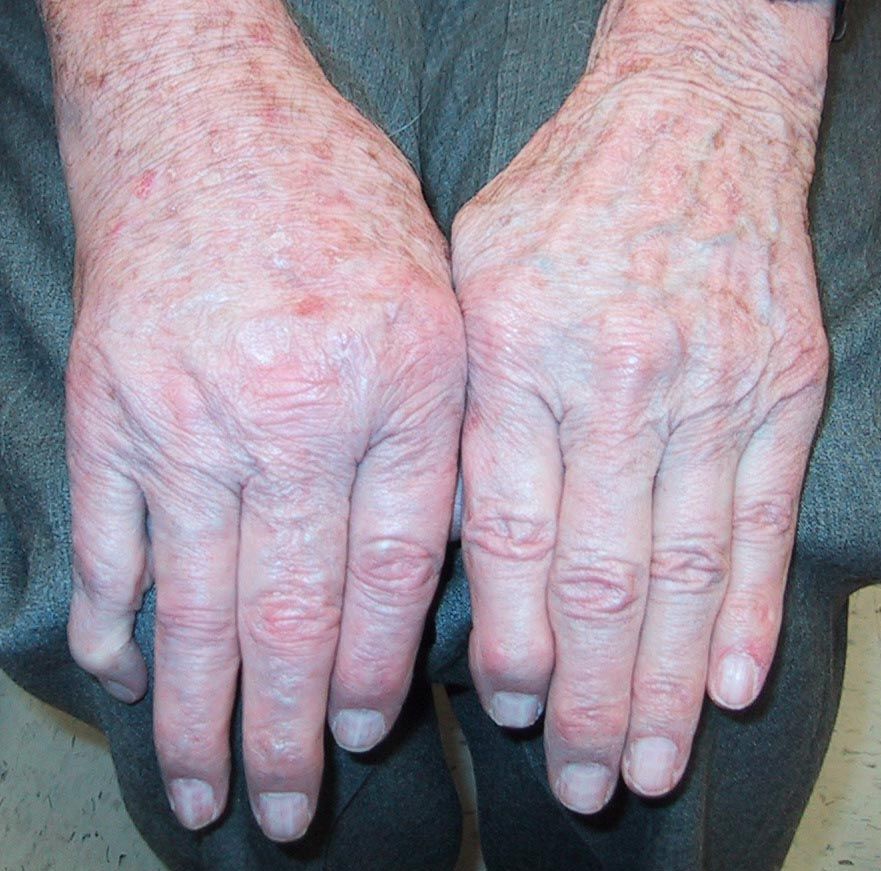


Links:
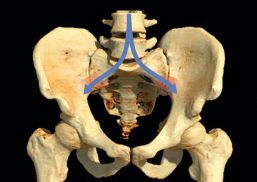

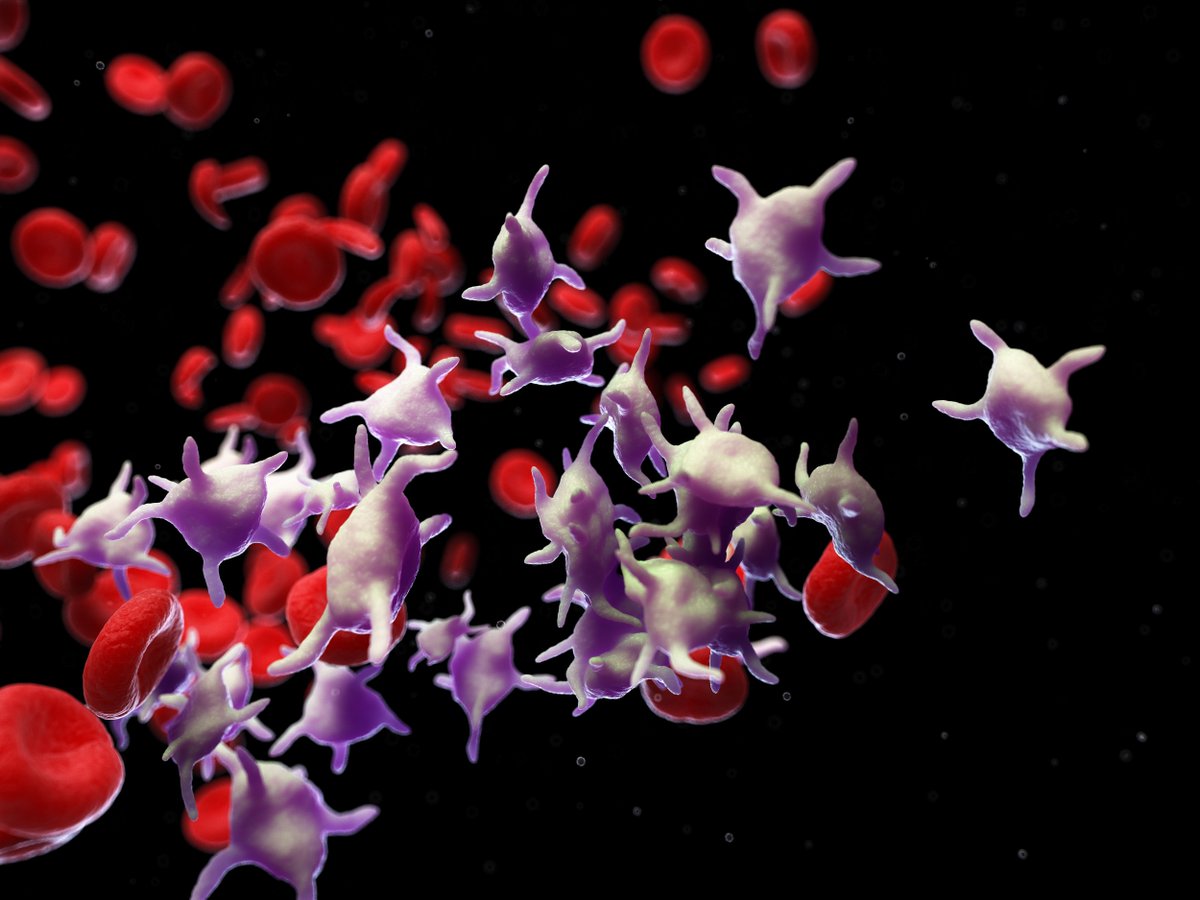
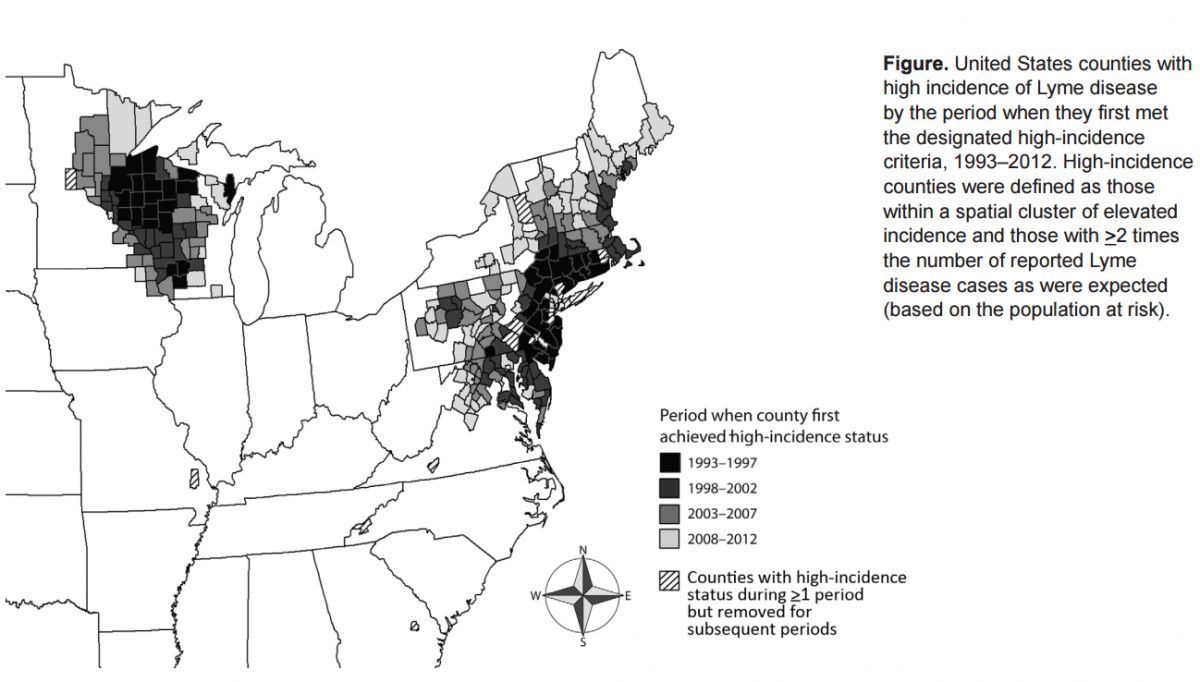
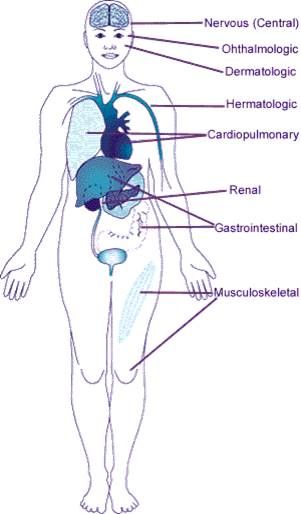



Links:







